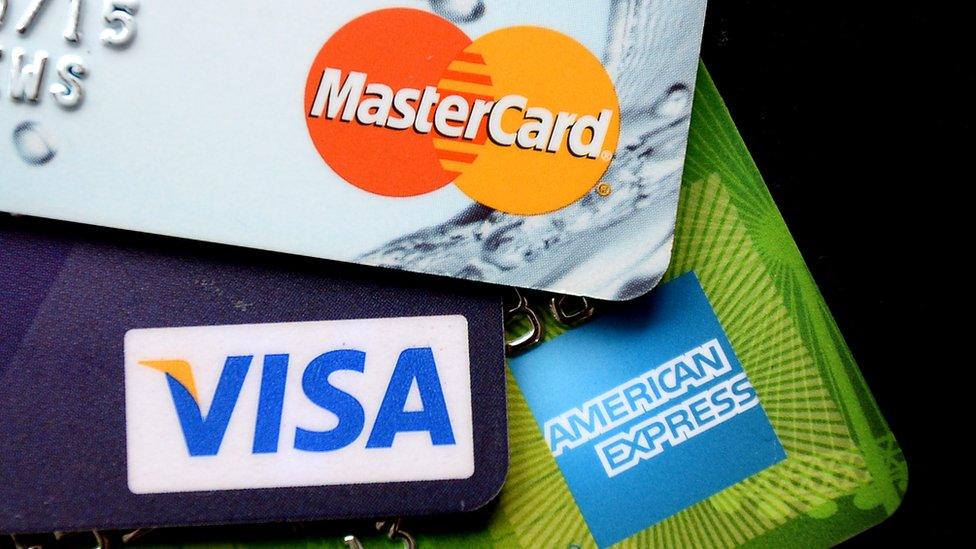Lottery good causes: Is UK lotto cash shared fairly?
- Published
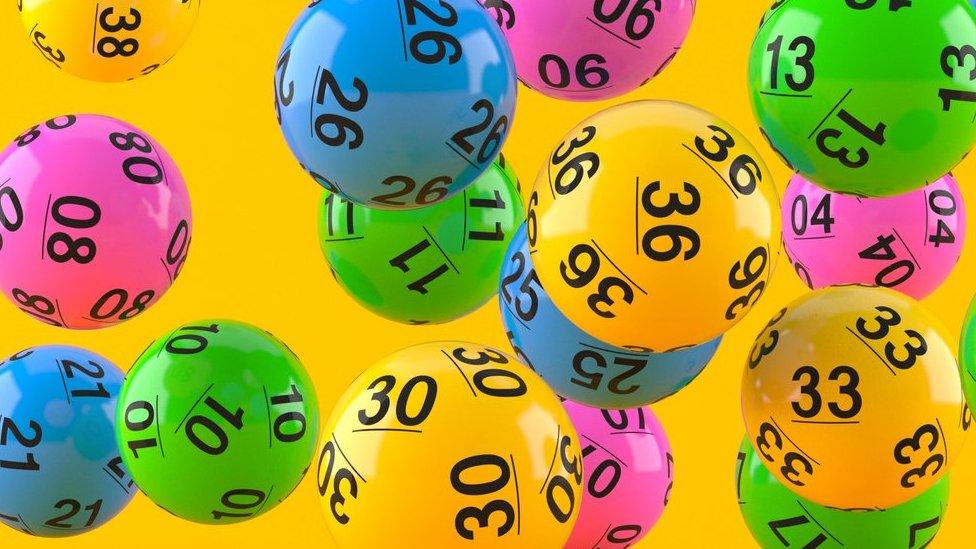
The National Lottery said it distributes money based on a UK government formula
Three parts of London received more National Lottery cash per person than any other part of the UK over 20 years.
The Cities of London and Westminster, Holborn and St Pancras and Islington South and Finsbury received more than £1.8bn, research by BBC Wales shows.
It means they had £4,640 per head - over 10 times that across England, or Wales, Scotland and Northern Ireland.
The National Lottery said it distributes money based on a UK government formula.
Sorry, your browser cannot display this map
Oswyn Hughes is the head of campaigns for the National Lottery in Wales, where just over £1.4bn has been distributed since 1999.
He said there were "a number of reasons" for the disparity.
These included a high concentration in London of national institutions such as art galleries and museums as well as it being the headquarters of national charities and organisations.
He added the formula is set by the Department for Culture, Media and Sport (DCMS) and is "based predominantly on population" size. The DCMS has been asked to comment.

How lottery funding compares across other parts of the UK:
England, population 55.62m, received about £20.9bn = £376 per person
Scotland, population 5.43m, received about £2.45bn = £451 per person
Wales, population 3.13m, received about £1.41bn = £450 per person
Northern Ireland, population 1.87m, received about £845m = £452 per person
Sources: ONS; National Lottery

Office for National Statistics (ONS) figures show the three London constituencies have a population of 396,059, meaning their combined per capita lottery funding is about £4,640.
This is more than 10 times that of Wales which, with a population of 3.1m, receives about £450 per person.
However Wales receives a similar amount per head as Scotland and Northern Ireland, and more per head than England as a whole.
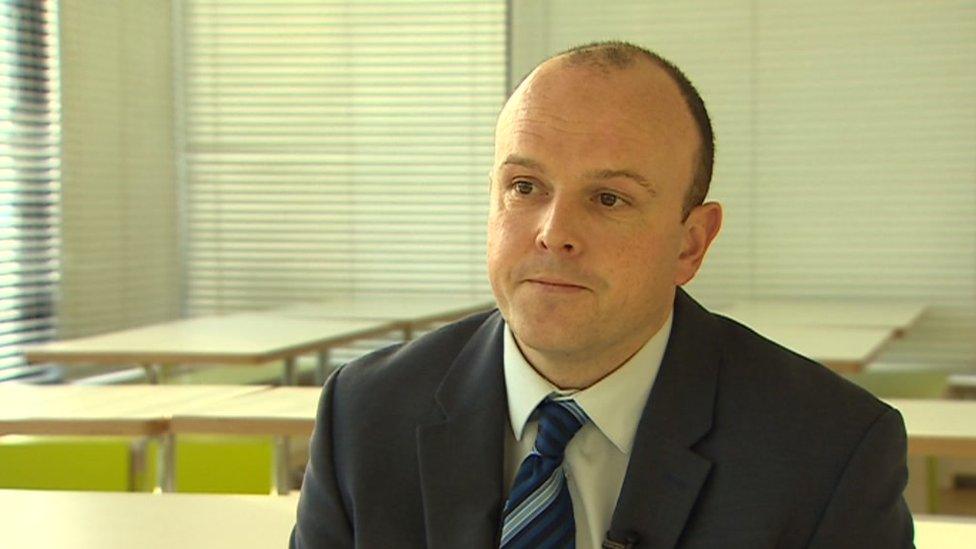
Oswyn Hughes said the concentration of national institutions and organisations' headquarters was behind the disparity
"Over 50,000 projects in Wales have benefited from this funding. This has obviously created life changing opportunities for projects, communities and people in these communities across Wales over the last 25 years," Mr Hughes added.
"My message is simple: If you have got an idea for a fantastic community project in your area, whether that's in the fields of sports, arts, heritage or community, then our National Lottery distributors want to hear from you."
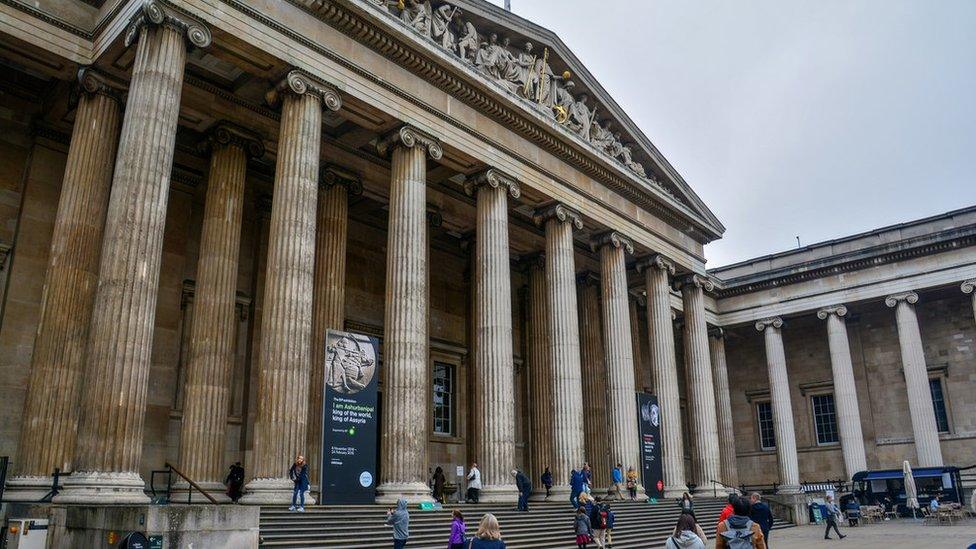
Funding of national institutions such as the British Museum, in the constituency of Holborn and St Pancras, skews figures, according to the National Lottery
Islwyn MP Chris Evans said the figures were a "serious concern" and called for fairer funding for deprived areas.
"The Cities of London and Westminster seem to have the lion's share of funding and this is one of the most affluent places in the country," Mr Evans said.
"When the lottery are distributing their money, they need to think of these less affluent areas rather than the more famous landmarks and icons."

'New breath of life'
The Newbridge Memo in Caerphilly county received £5.5m of funding for the restoration of the art deco former theatre and cinema, which was built in 1924 to commemorate local men killed in World War One.
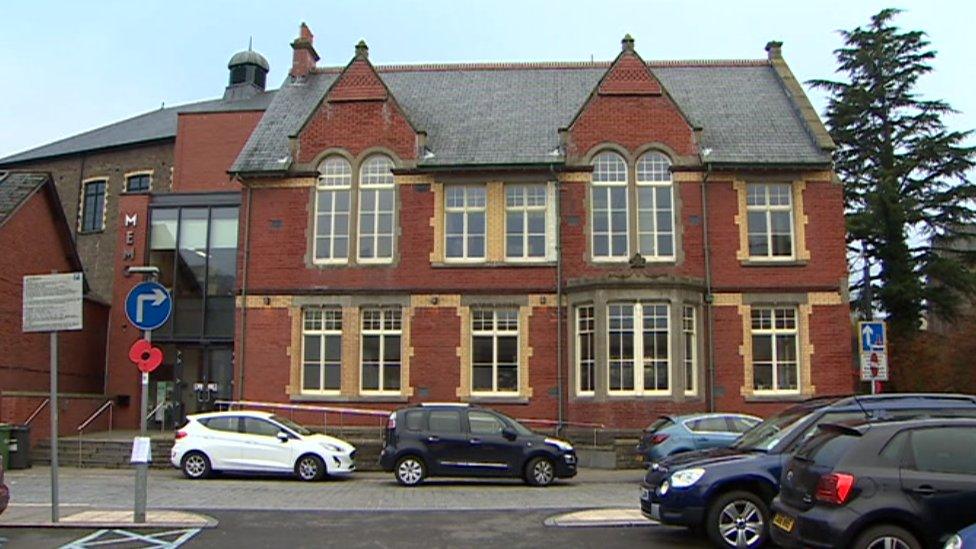
The National Lottery gave the Newbridge Memo £5.5m and it is now used extensively by the community.
It is now used for the likes of dancing, sewing, arts, yoga and jazz, and has "given a new breath of life" to the town.
The project would have "absolutely not" been possible without funding from the National Lottery, said Joe Boulton, its marketing manager.
"It gave a massive kick-start to the Newbridge Memo as a whole," Mr Boulton said. "The doors would not be open to this building if it wasn't for the lotto funding."
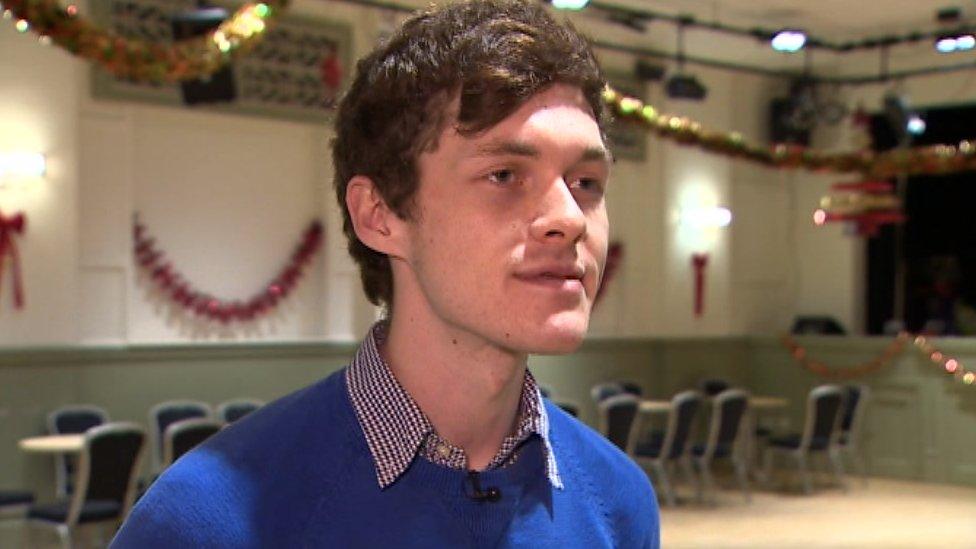
The doors of Newbridge Memo would not be open to the public without the lottery funding, said marketing manager Joe Boulton
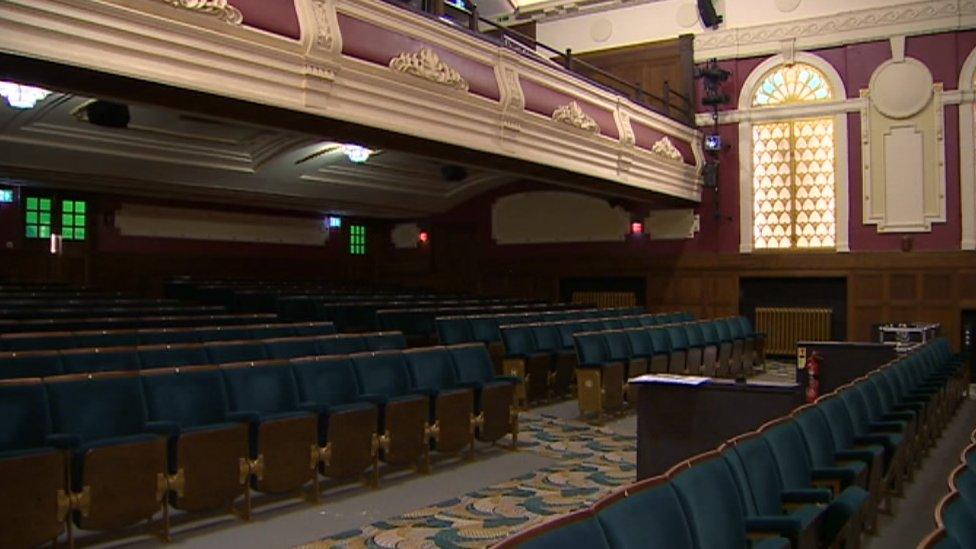
The funding helped restore the 400-seat theatre
There are several dancing groups which meet at the Memo and use its brand new ballroom.
"It is very good and is used regularly," said Cynthia James.
"Everyone used to use the Memo when I was a little girl and when it went derelict, it really needed to have a lot of work done."
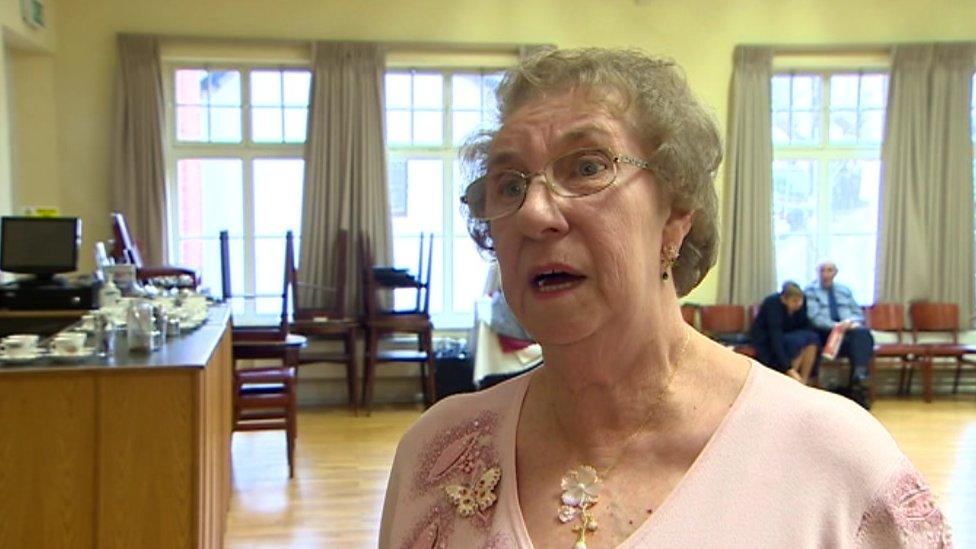
Cynthia James said she remembers what the Memo was like before it fell into disrepair
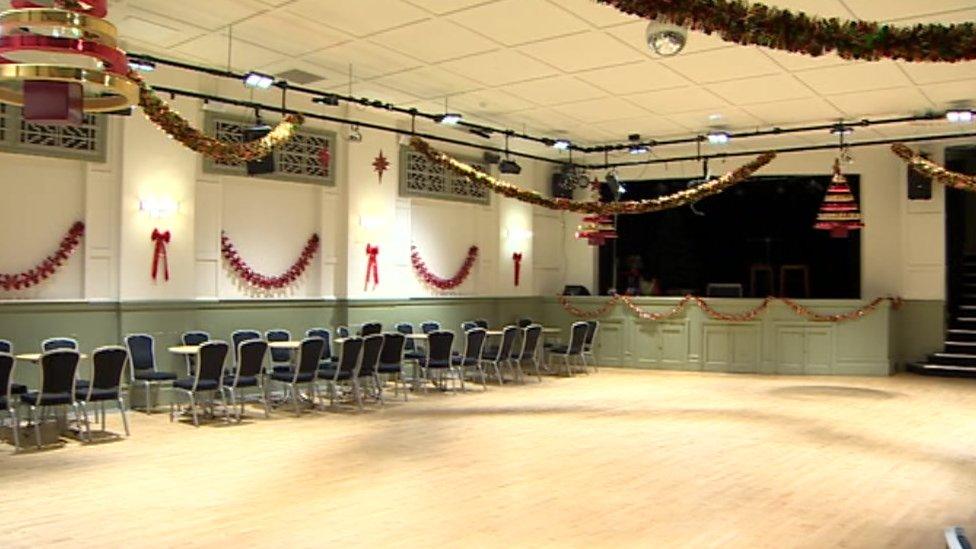
The new ballrooms are used by several groups, particularly older people
And Mary Dunt added: "It is wonderful, especially since the refurbishment. It is very important. There is so much going on, there is something for everyone - young people, old people, schoolchildren."

A House of Commons Public Accounts Committee report published in April noted that since 2009, lottery operator Camelot's profits have risen by 122% but good causes funding has risen by only 2%.
A Camelot spokesperson said: "Since the start of our third operating licence in 2009, we have grown annual returns to good causes by £277.3m, while shareholder profit after tax over the same period has increased by just £23.9m.
"When you consider that we achieved National Lottery sales of over £6.9bn in 2017-18 and returned around 95% of that figure - more than £6.6bn last year - to society and winners, our profit after tax of £68.4m is a very modest amount.
"National Lottery funding has now been awarded to more than 535,000 individual projects - the equivalent of around 190 lottery grants in every UK postcode district."
The UK Government have been asked to comment.
- Published16 November 2018
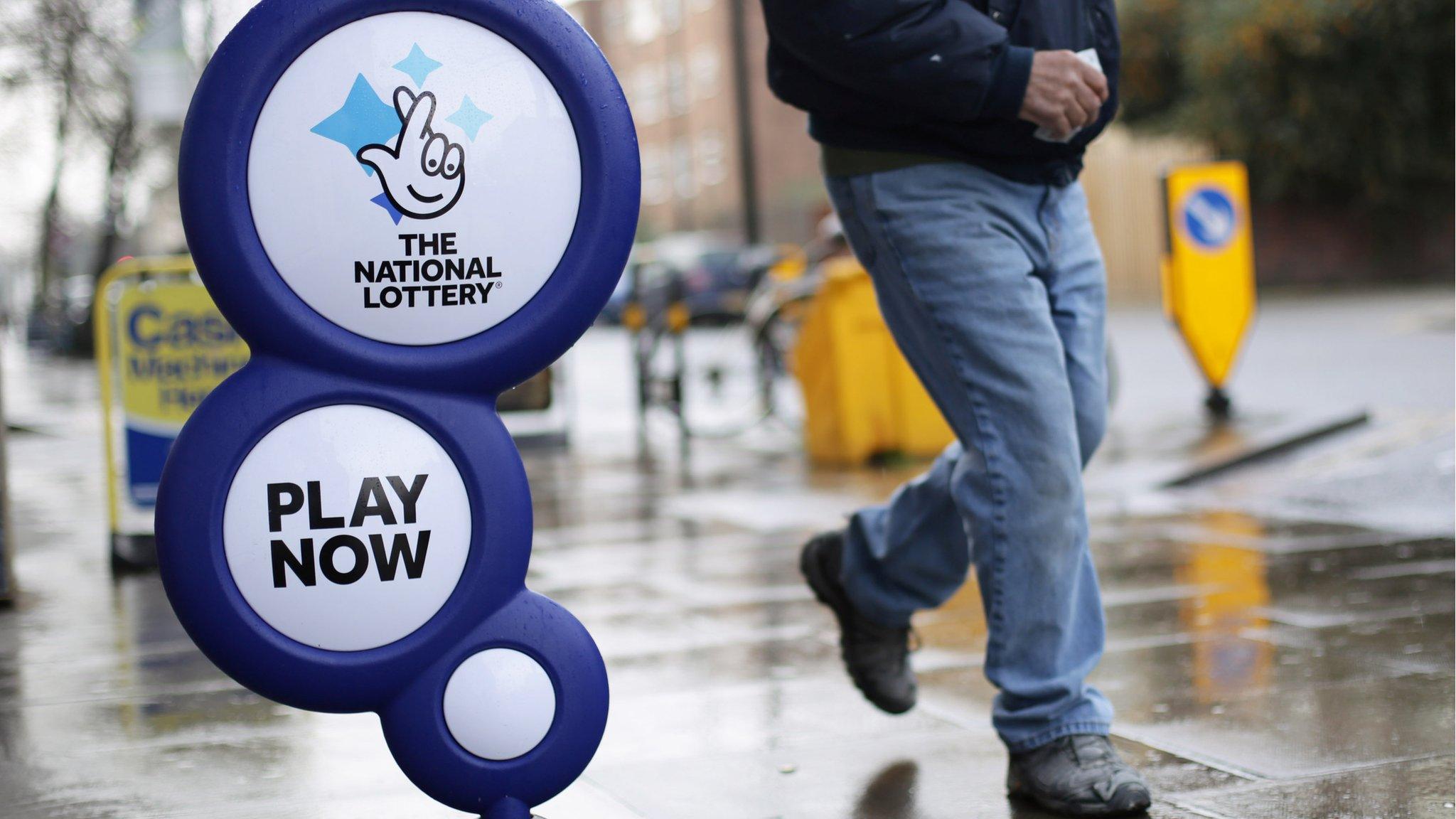
- Published23 August 2018
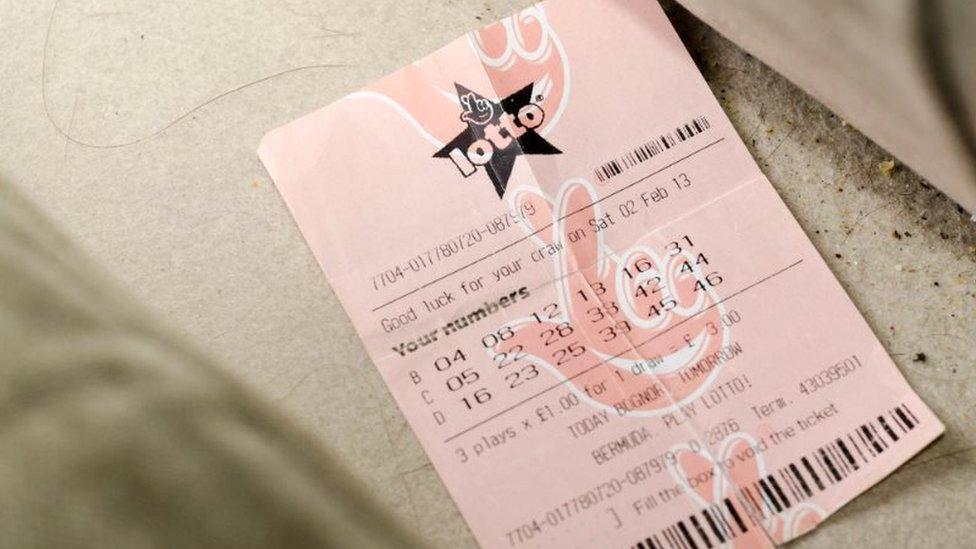
- Published29 June 2018
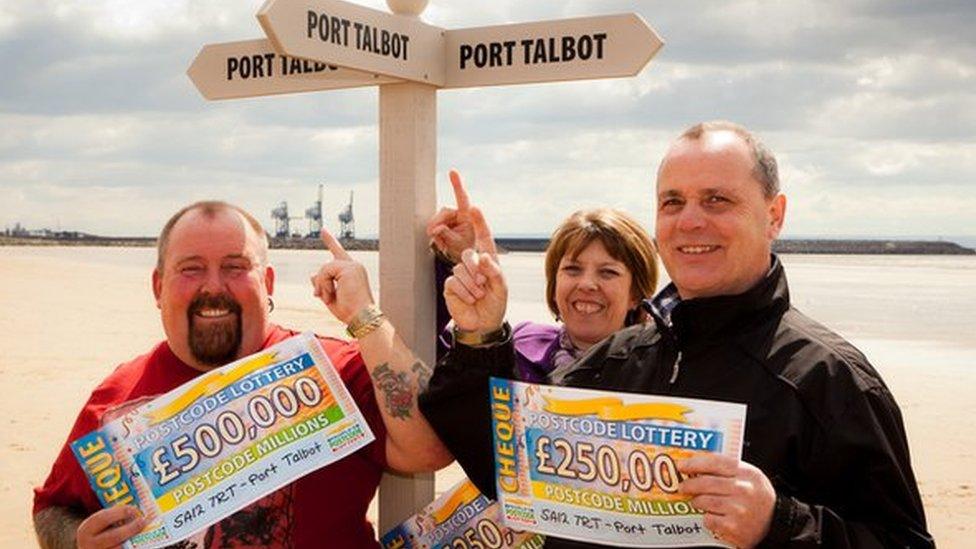
- Published5 April 2018
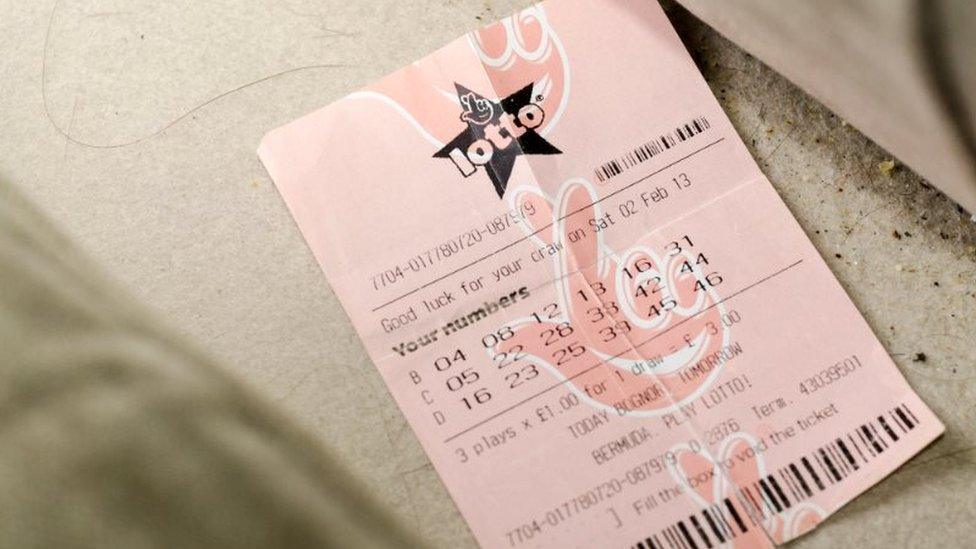
- Published27 March 2018
